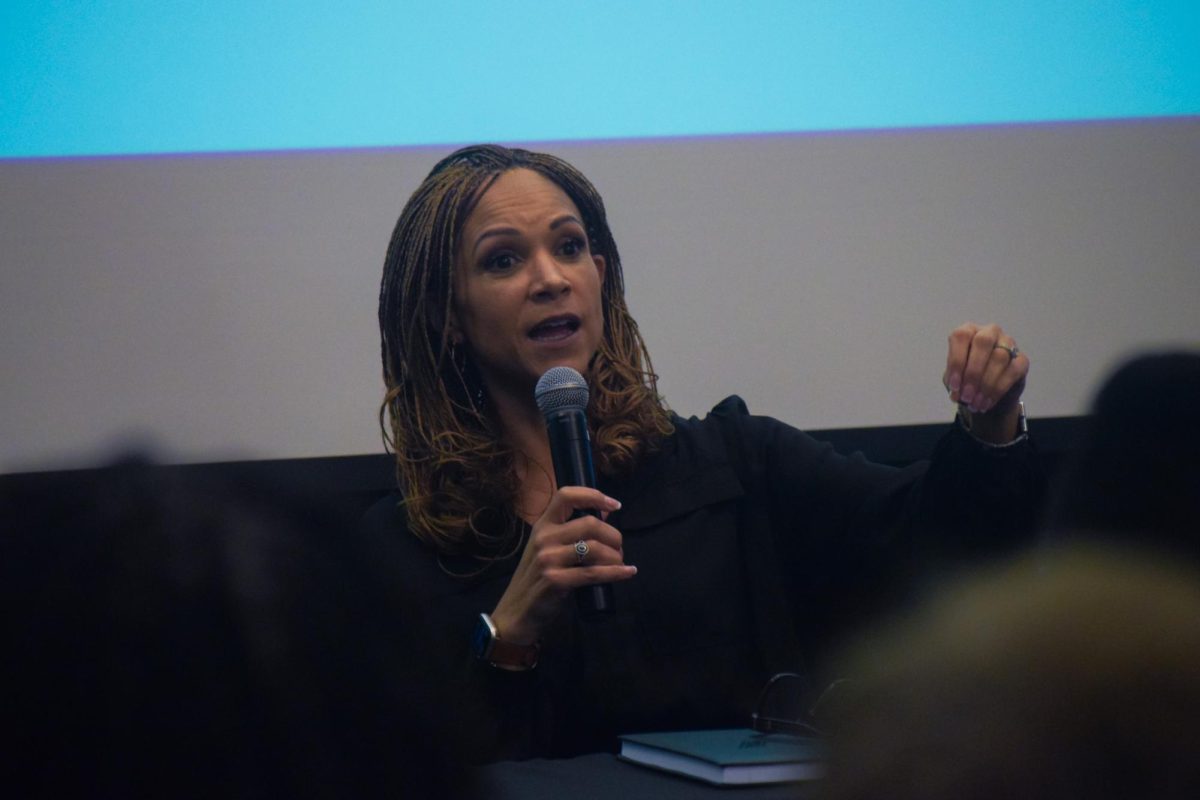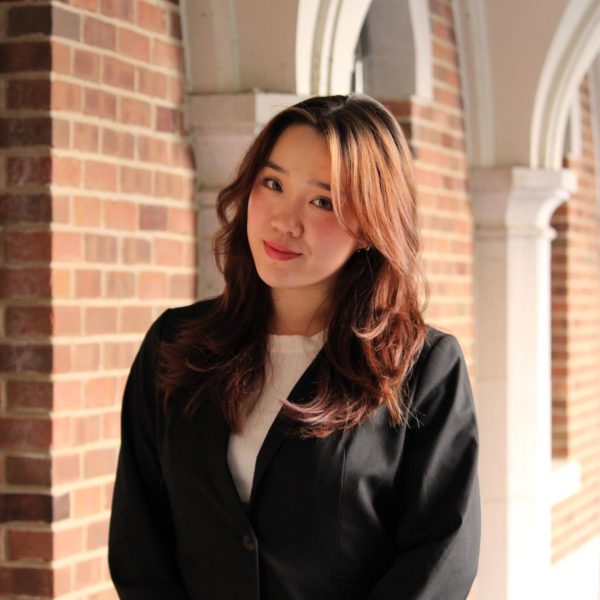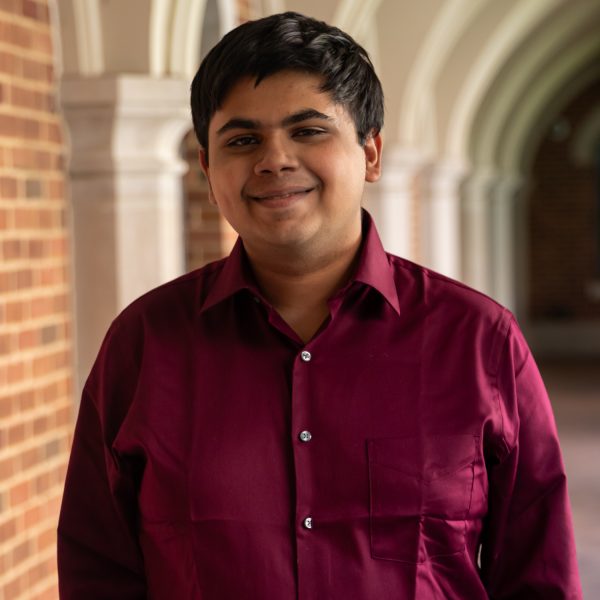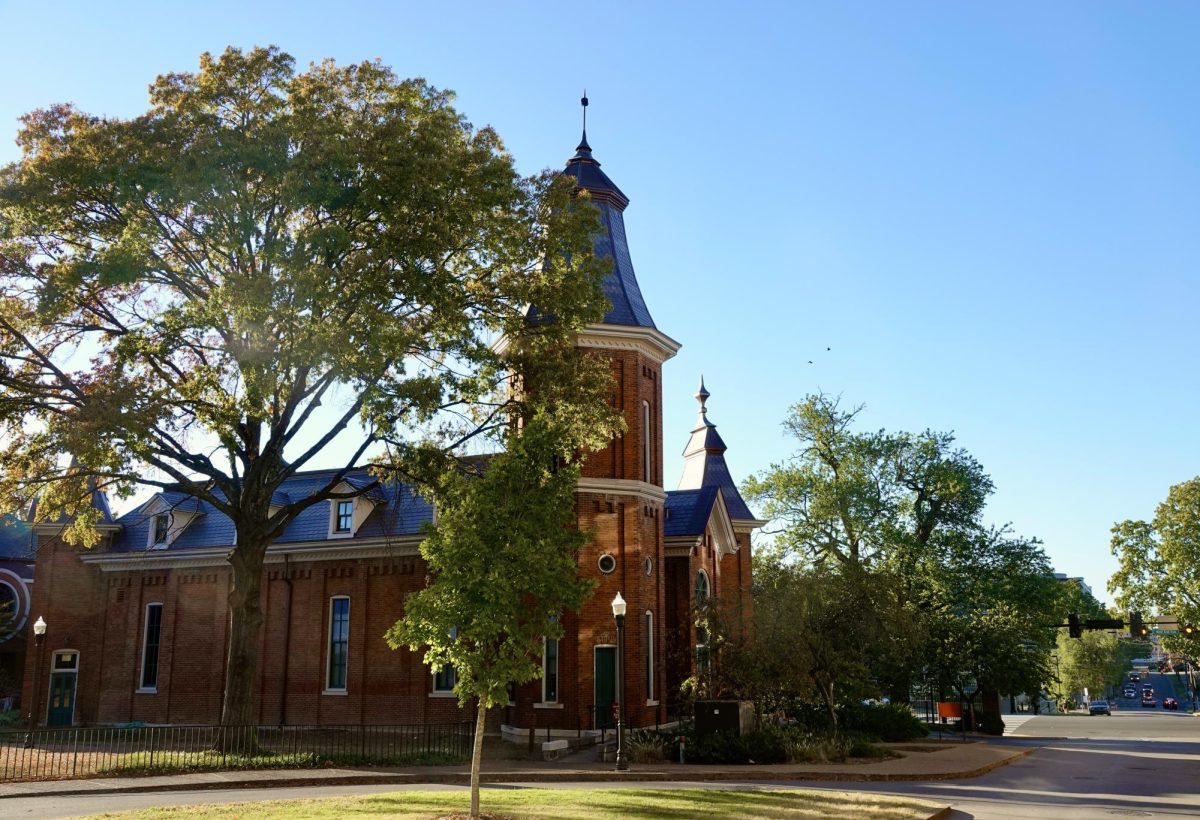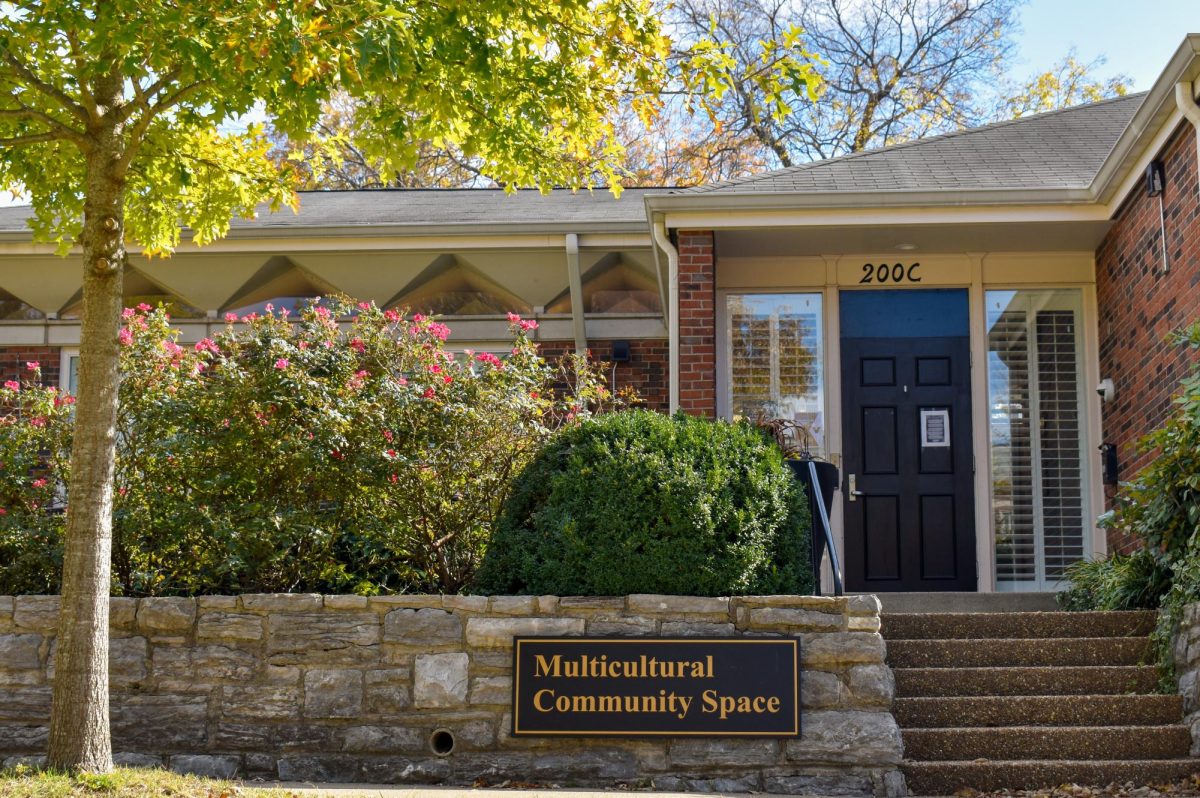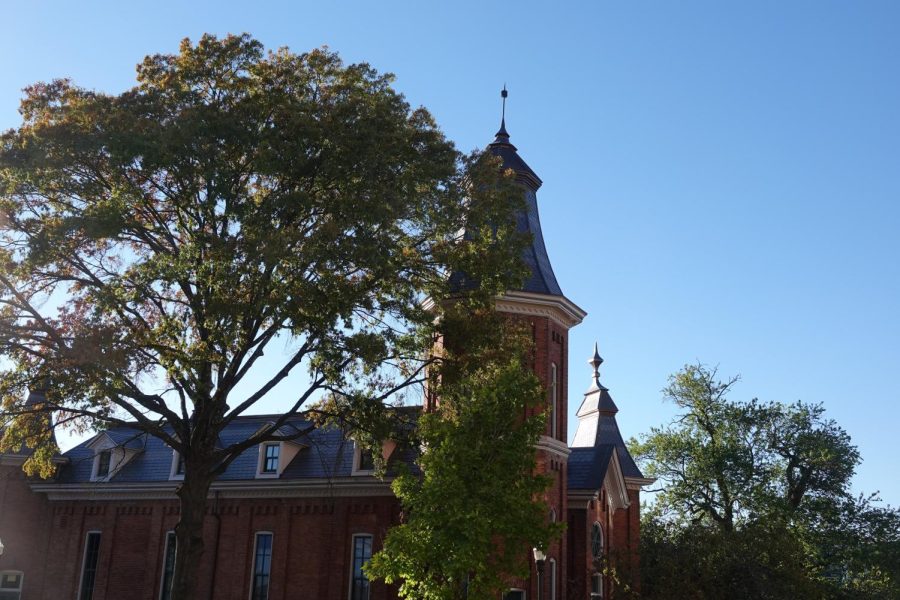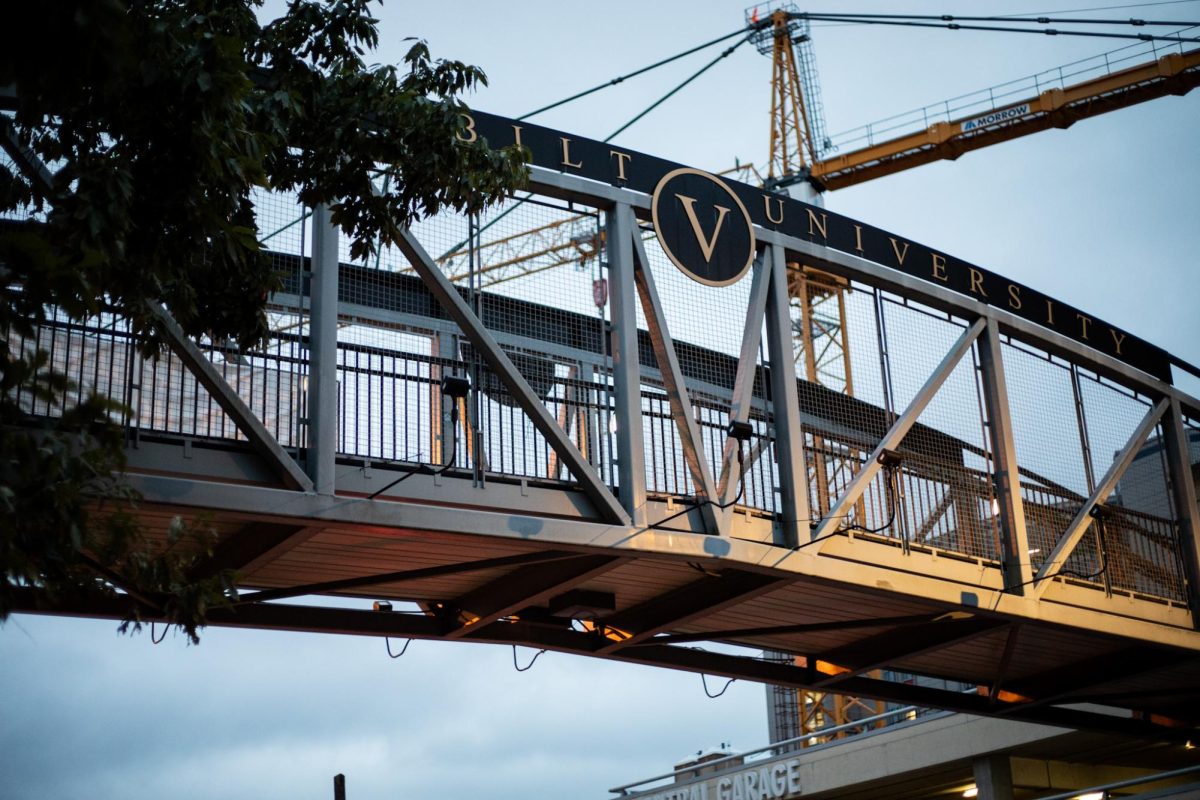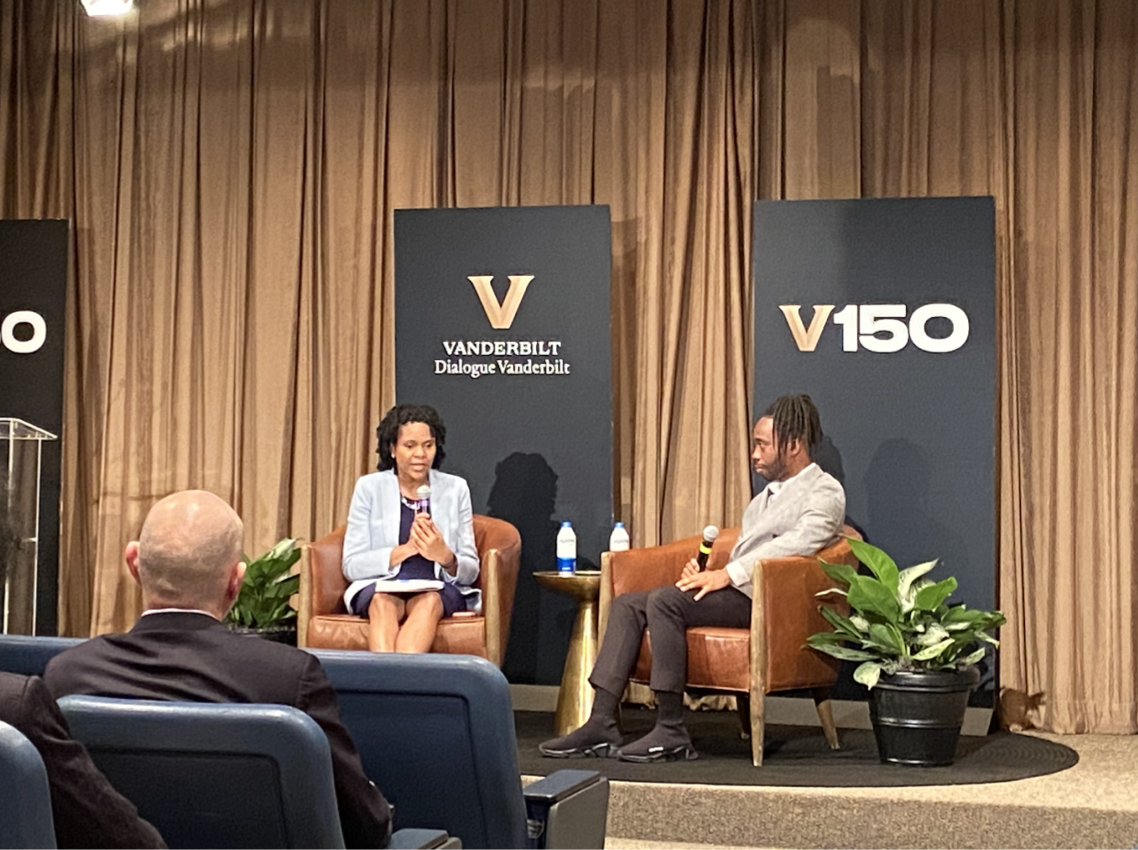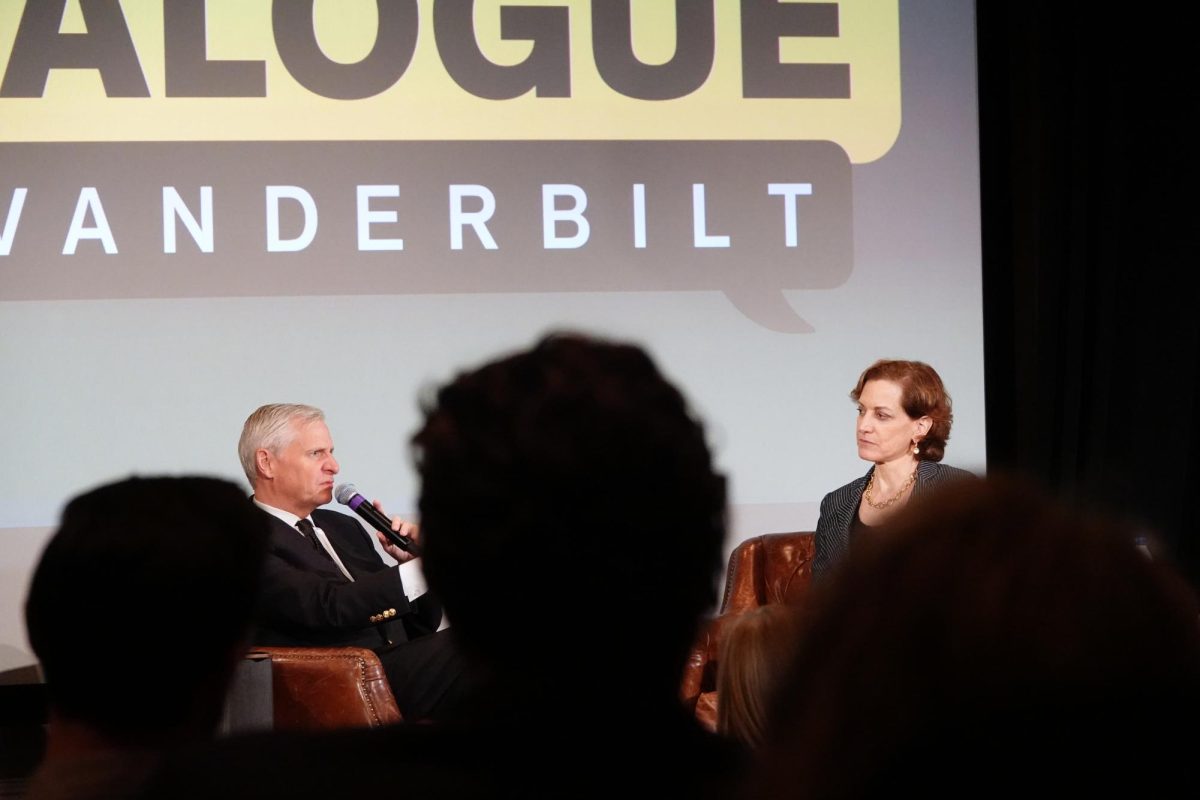Vanderbilt’s Open Dialogue Visiting Fellows Program welcomed Melissa Harris-Perry for a discussion on navigating race and the Supreme Court’s decision on affirmative action at Central Library on Jan. 31. Harris-Perry is the Maya Angelou Presidential Chair at Wake Forest University and the founder of the Anna Julia Cooper Center, which encourages and conducts research on the intersections of race, gender and place.
Harris-Perry began her talk by asserting that elite college education was once a way for white people to separate themselves from Black people. Perry said that although the removal of affirmative action was presented under the pretense of “fairness,” she feels it is actually a decision to stall blurring the boundaries between the two races as elite college educations in the United States become more accessible to non-white students.
“When people are saying ‘Is it fair who gets to go and who doesn’t get to go?’ they mean they really do think that there are people in school who deserve to be there and people in school who don’t,” Harris-Perry said.
She cited the examples of former President Barack Obama and First Lady Michelle Obama, who hold degrees from the elite institutions of Harvard and Princeton, respectively. Harris-Perry called Obama’s election a “pivotal” moment for Americans.
“Whiteness was a certain kind of achievement,” Harris-Perry said. “Once [the lifestyle of white privilege] became like how Black people lived, then white people [had] to live different[ly] because white is always defined as not Blackness.”
Harris-Perry said she believes no children under the age of 17 have learned enough in school to prove they “deserve” to attend elite institutions of higher education, especially students who were “pushed, pulled, dragged across the finish line.” She named institutions she views as “genuine” — such as University of Washington, Portland State and Middle Tennessee State University — for accepting applicants from “the bottom fifth,” compared to universities like Vanderbilt, Wake Forest and Harvard whose acceptances she views as “replicating privilege.”
According to Harris-Perry, Generation X is the “first population” that has actually benefited from affirmative action, as it gave a “backdoor” for Gen X’s children to better access an elite college education compared to admits who benefit from the legacy process.
“The reason I’m not happy about affirmative action going away is because [Gen X] just got here. I just got here,” Harris-Perry said. “Gen X is the first population who can send our little Black and brown babies Jack-and-Jill style through these institutions.”
Harris-Perry believes some students are more “prepared” for the coursework or rigor of an elite institution, but that no one is necessarily more “deserving.” She says elite schools such as Princeton make it much more difficult for a student to fail out than at almost completely open-admission colleges like North Carolina Central University, at which she claims it is “harder” to be a student.
In 2023, North Carolina Central University had a four-year graduation rate of 29%, while Princeton’s was 72.8%. Harris-Perry also cited examples of elite universities providing students with medical leave or opportunities to stay for extra semesters.
“I’m not trying to say that it’s easy, I am saying it’s hard to fail [at elite universities],” Harris-Perry said. “Historically, Black colleges are largely almost open admission. It’s very easy to fail out. Just don’t come to class four times. I will give you an F, you will fail. No one will call.”
Harris-Perry said that, for many Black attendees at elite colleges, college education may positively correlate to income but remains inversely related to wealth. She defined income as the amount of money one earns and wealth as the amount one owes subtracted from the amount they own. Black women who take out loans to attend historically elite college institutions continue to pay back their college loans well into the future because they do not have intergenerational wealth to pay for their college education compared to many of their white peers, according to Harris-Perry. A Harvard Law School report found that white students on average graduate with a student debt of about $30,000, while Black men graduate with $35,665 and Black women with $37,558 of debt.
“Who deserves to be here, and what would be the basis of affirmative action? For me, it would be about returning to a question of racial justice and compensation for stolen land, for stolen labor, for inequitable labor… [and] acknowledgment that the primary constituency of the university is actually both the faculty and the city in which it exists,” Harris-Perry said.
In discussing the interplay between colleges and a racially equitable system, Harris-Perry criticized universities’ tax-exempt status, alleging that this designation “starves” local communities of funding and resources. She claimed this tax exemption disproportionately affects Black community members, particularly Black contractors who may work for universities.
“Why should the university get 501(c)(3) status when it’s starving its community to death?” Harris-Perry said. “If I were a civil rights lawyer, I’d immediately bring suit against the entire 501(c)(3) status of all colleges and universities and be like, ‘You know what? 501(c)(3) status means you are a community based organization doing work for the community.”
Following Harris-Perry’s lecture, director of MHS and professor of sociology and psychiatry Jonathan Metzl invited the audience to participate in a Q&A. A student from the audience asked Harris-Perry about the repercussions of the way Black history is taught to children in American public schools, to which Harris-Perry responded with Black and white parents’ different thought processes in selecting schools for their children.
“If you go to buy a house, and it says school rating one to 10, no part of that formula — one of the 10 — has anything to do with whether or not children walk out of there feeling like they are human or not,” Harris-Perry said.
According to Harris-Perry, parents of Black children are concerned not only about the school providing a suitable education, but also about Black history being taught properly. Recent findings show that only 7% of public school teachers are Black. Parents’ concerns, she said, lie within the possibility that the wrong people will be teaching their children Black history.
Harris-Perry concluded the Q&A by emphasizing her support for democracy and diverse perspectives, stating she cannot see democracy in a setting where everyone agrees. She defined safety as being able to lose an election without losing all of your rights.
“In fact, you should expect to lose, you should even want to lose, you do not have all the answers — but it should be safe to lose,” Harris-Perry said.
First-year M.B.A. student at the Owen School of Business, Surhaan Qadir, said she appreciated Harris-Perry’s calls to make predominantly white institutions more inclusive. As an international student who has spent only six months in the U.S., Qadir further expressed appreciation for the opportunity to learn more about the intersecting history and culture of racial divisions, privilege and elite education.
“I’m glad that this talk happened right when Black History Month is coming,” Qadir said. “We need to see how a college campus can be designed more for all races, instead of just white people.”











